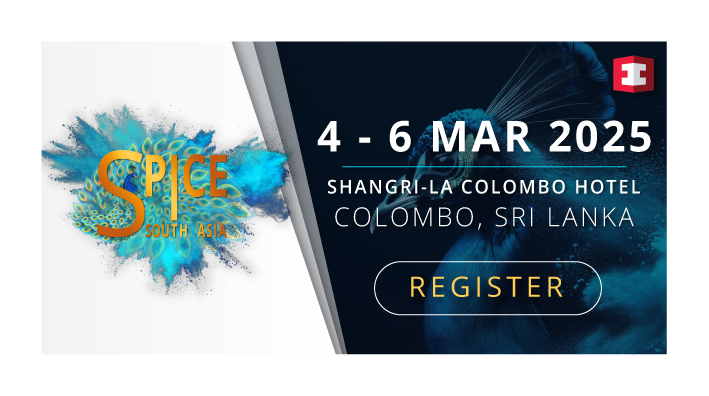The World Cup and Olympic Games trigger debate on sports integrity and regulation of gaming in Brazil

Despite Brazil’s ban on most forms of gambling, betting is a popular pastime amongst Brazilian football-fanatics...
The estimated size of the un-licensed sports betting market is unknown, but exponential growth is anticipated during the World Cup in 2014 and the Olympic Games in 2016. With an intensified betting activity in an un-licensed and un-monitored environment comes a higher risk of match-fixing, which is why the issues around sports integrity start coming to the forefront in Brazil’s preparations to host the sports events.
Well-regulated betting markets are key to supporting sports integrity initiatives and preventing match fixing. One example is the Joint Assessment Unit, set up during the London 2012 Olympic Games by the IOC, UK Gambling Commission and the licensed betting operators to monitor and protect the integrity of the Games in 2012. European Sports Security Association, an industry body set up by licensed European sports betting operators, works closely with the sports governing bodies to identify and report suspicious betting patterns. ‘Corruptors are generally steering clear of ESSA's well-regulated and vigilant betting operators, because a perfect audit trail would be created,’ said Antonio Costanzo of ESSA in a recent interview with TotallyGaming.com.
ESSA’s Chairman and Director of a British sportsbook Ladbrokes, Michael O’Kane, will be one of the speakers at the first Brasilian Gaming Congress (BgC), scheduled to take place on 18-20 November 2013 in Rio de Janeiro. Sports integrity, security of the games and consumer protections will be at the heart of the many debates planned for the Congress. There will be a focus on international perspective on the link between gaming regulation and sports integrity offered by Dale Sheehan, Director Police Training and Capacity Building, Interpol, Rhadames Killy who oversaw regulations at ARJEL at the time of the WorldCup in France and Thierry Pujol, Director Security and Risk Management, La Française des Jeux and Chair of the Security and Risk Management Committee of the World Lottery Association. Brazilian perspective will be provided by Jorge Barbosa Pontes, Security International Relations Manager, Rio 2016 Organising Committee for the Olympic and Paralympic Games, Andre Gelfi, MD for Codere do Brasil and Fabio Cleto, VP Government Funds and Lotteries, CAIXA Economica Federal, and sports bodies in attendance at the Congress.
Andre Gelfi of Codere do Brasil, a company that operates horserace betting in Brazil and is the headline sponsor of BgC, commented: ‘It is high time that some of the myths around match-fixing and sports betting are abolished in Brazil. It has been well demonstrated that licensed operators contribute to preventing match-fixing through the scrutiny their security teams apply when monitoring betting activities. The Brasilian Gaming Congress will be a great opportunity to showcase how it is done and how regulation of gaming can contribute to a more transparent and fair sporting events’.
The Brasilian Gaming Congress will take place on 18-20 November in Rio de Janeiro. More details are available on www.brasiliangamingcongress.com.



































rules for writing comments